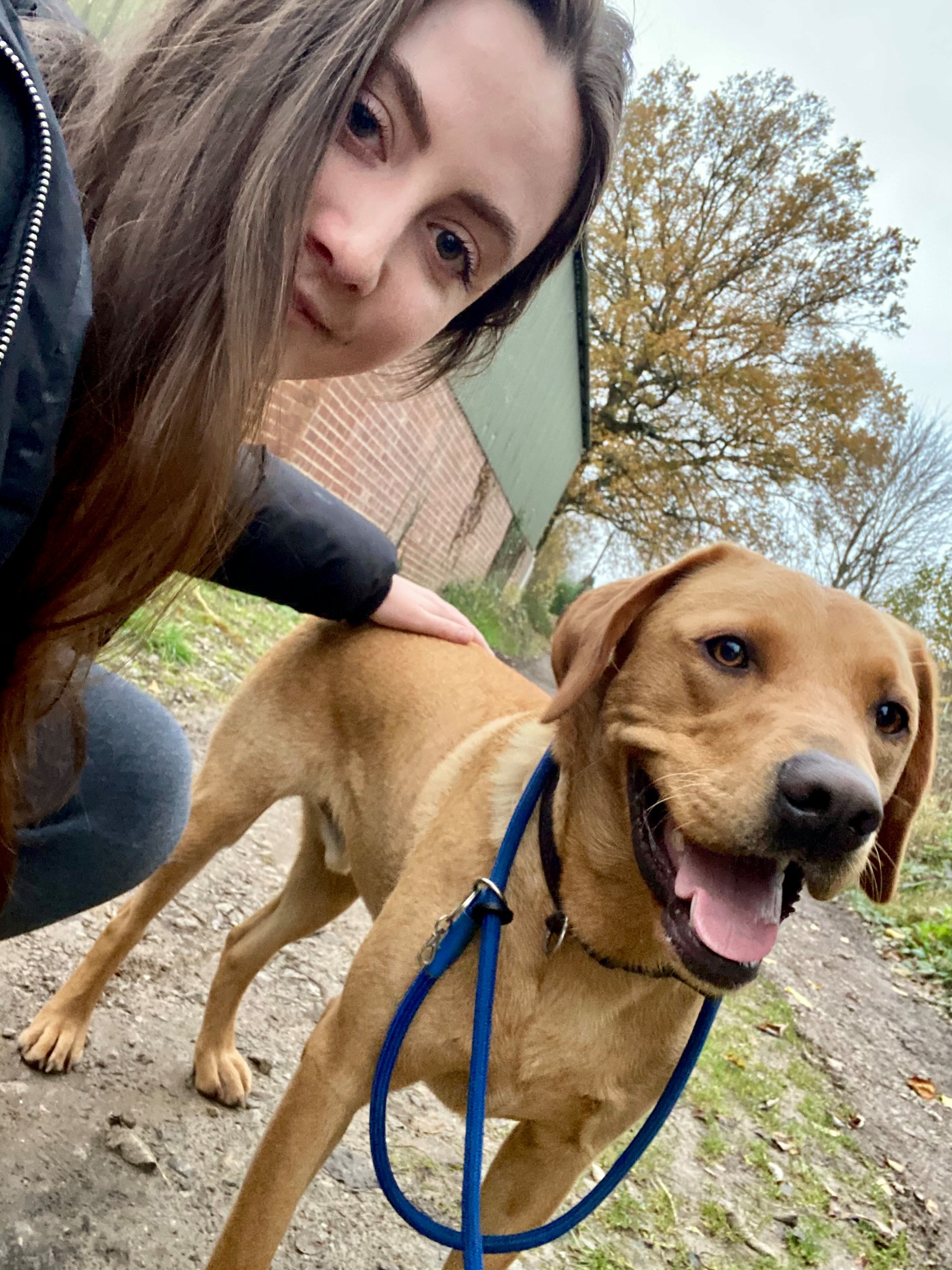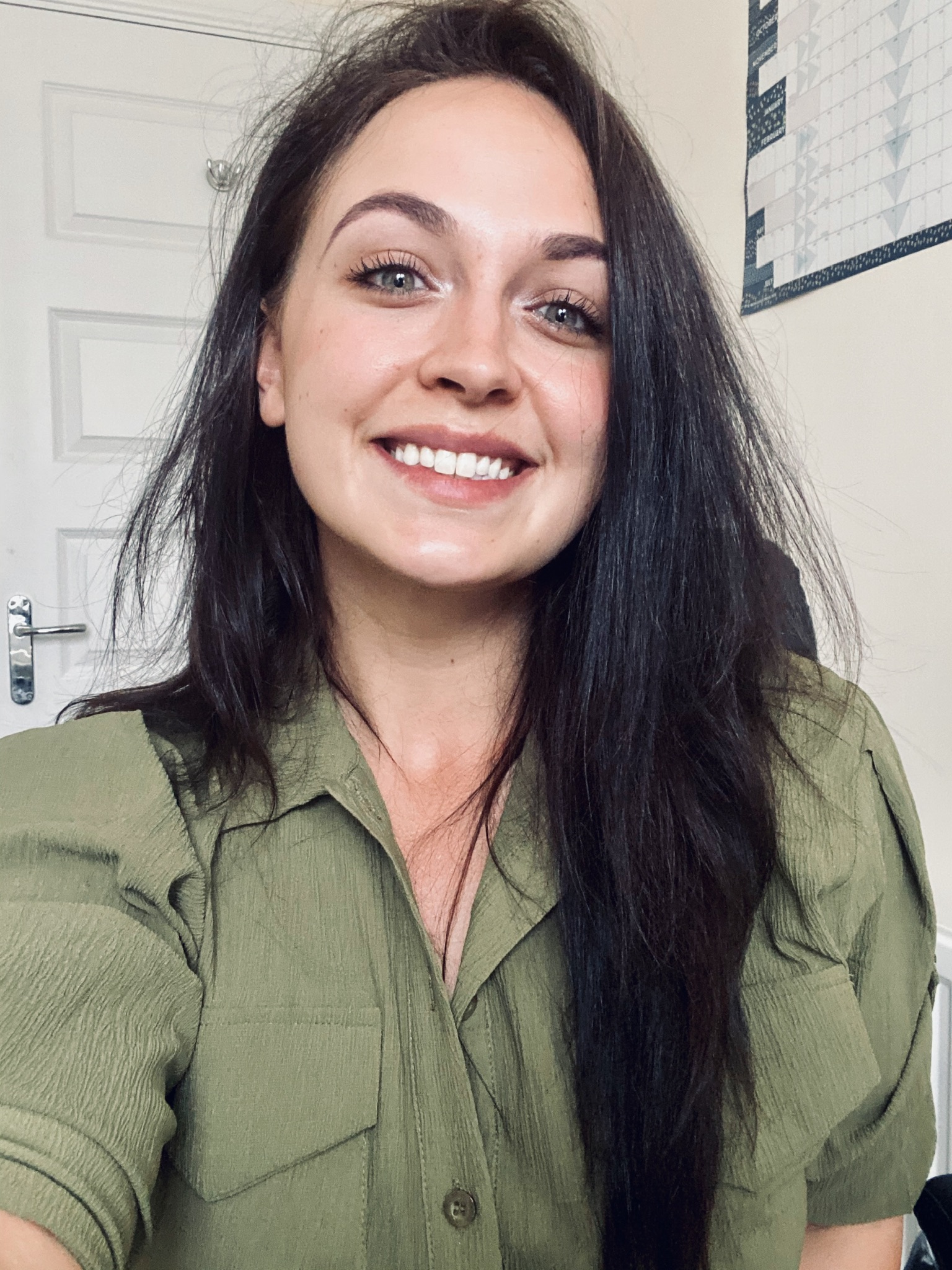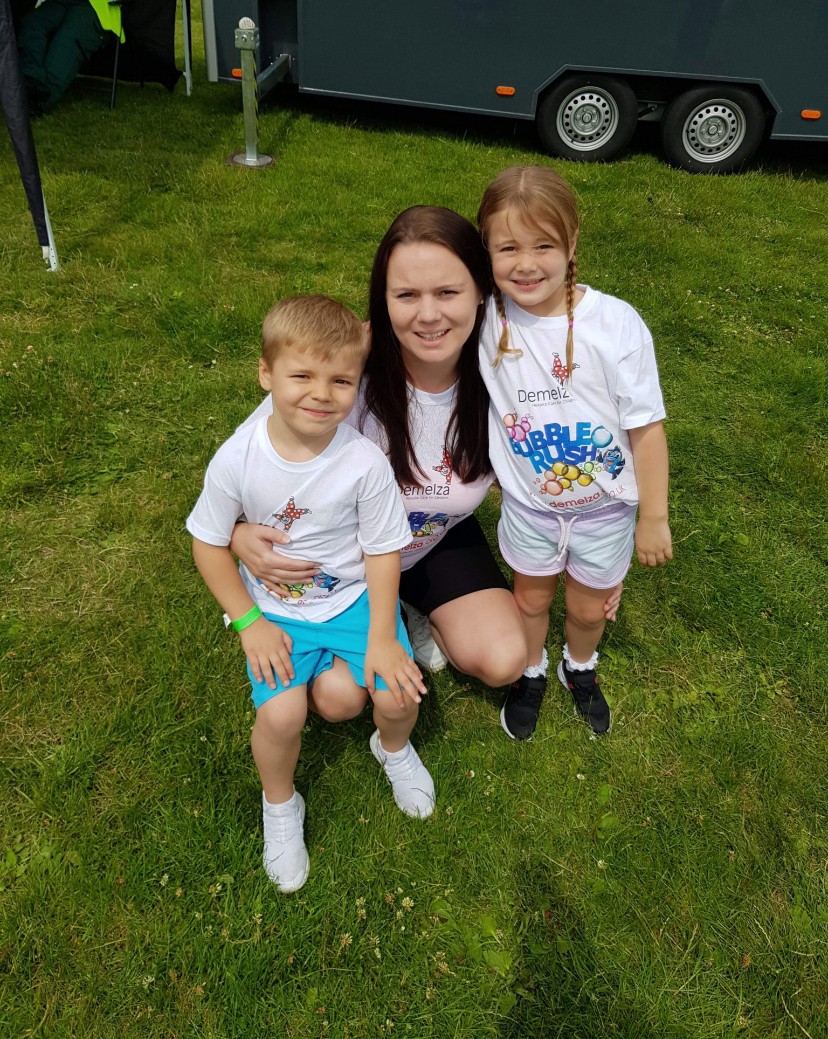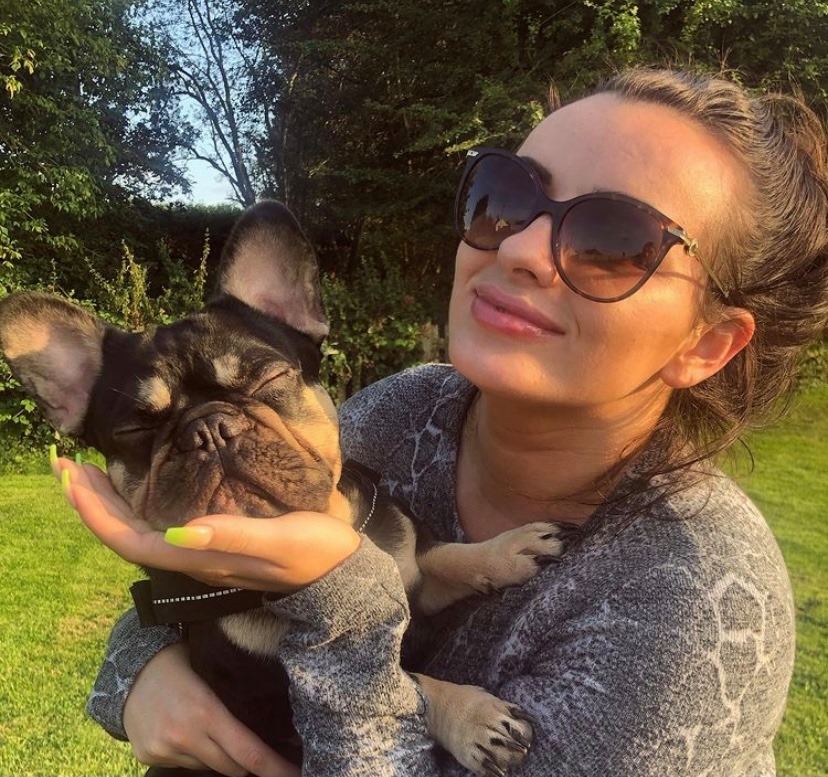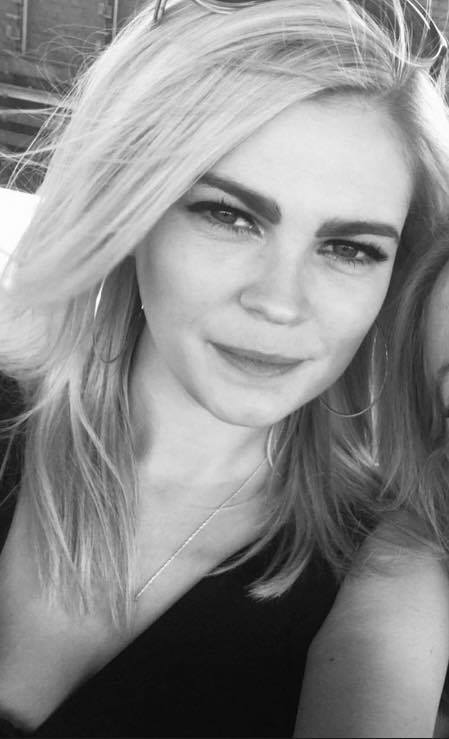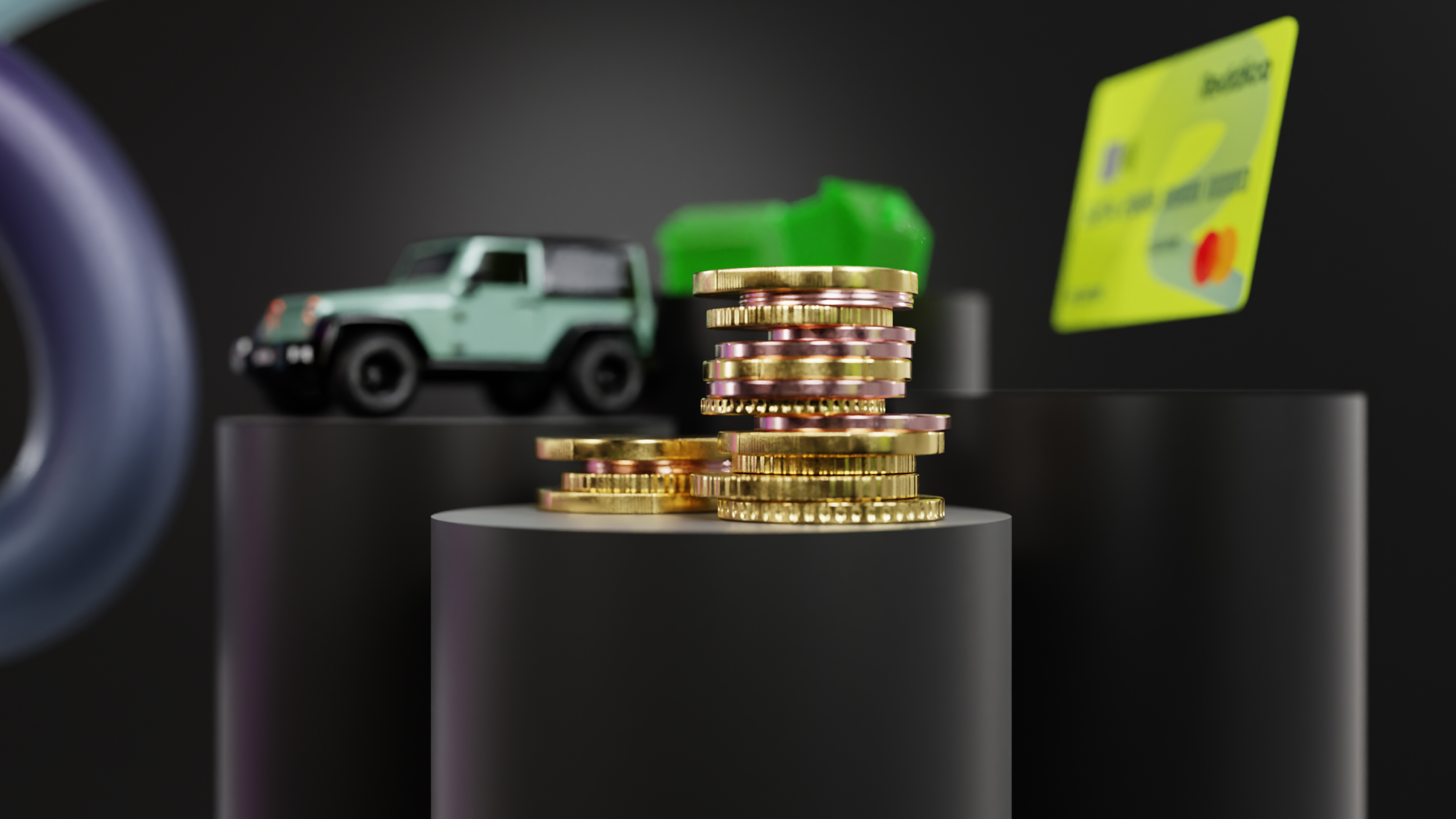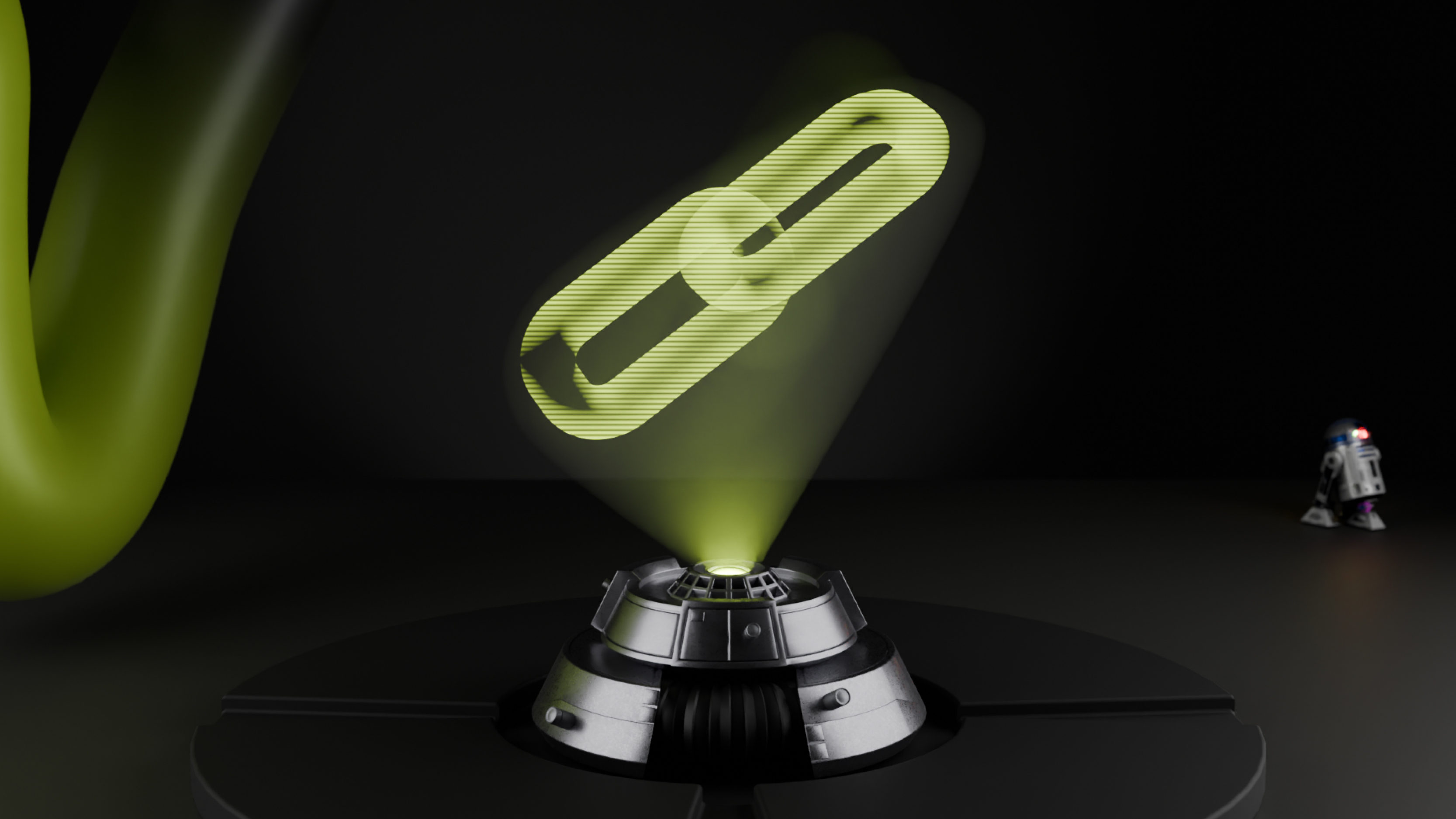
International Women's Day 2021: Q&A with the Women of Reddico
On International Women’s Day 2021, we choose to celebrate the achievements of the amazing women who are part of this company. Midweight Content Writer Beth Tolson spoke to some of the team about progress, sexism, and why self-care is essential, among other things.
Beth Tolson: What would you consider your biggest success in your career so far?
Laura Tyler: Getting this job and then getting my promotion. I was like, why am I applying for this job, I’m never gonna get it. But I did, and I got a promotion! I never thought I’d be good enough. Being here has helped me realise my potential.
Amber Heryet: Getting the job at Reddico – getting to a job doing something I really, really love, without having to have had any kind of formal qualifications to get there. Just getting there through hard work.
Emily Barrington: It’s hard to put it down to one thing. If I had to pick one, it would probably be graduating after studying for my degree and working full-time for four years. I’m a stubborn, driven person; I was determined to put 100% into both my career and my degree. After a lot of stress and tears, to finally see the results pay off was indescribable.
Leona Storet Slythe: The length of time I’ve been here [working at Reddico]. I feel like it’s an affirmation that I’m worthy of being here, good at my job, respected by the team. They’ve kept me here for this long so I must be doing something right!
Holly Jackson: My progress at Reddico.
|
|
Laura Clews: After being a stay-at-home mum and running my own business from home for five years, I joined Reddico as the Office Admin, excited to have a bit of time away from the home environment and brush up on some previous skills I hadn't used in a while.
After two years of being part-time in that role, an opportunity came up that I could not ignore: taking on the HR and Recruitment side of the business and working full time. HR has always been a career I would have loved to have pursued, but after two children I thought I had missed the chance.
Now with the support of my family and the Reddico team, I have a new lease of life and I am very excited to progress and expand my knowledge.
Holly Yelland: Finding my lane. All through school, I didn’t really know what I wanted to do, and it used to worry me. I used to get anxious about the fact I didn’t know what direction I wanted to go in. I had my passions in life, but it was difficult to see how that could translate into a career.
I spent time at uni trying out different things. I realised my passion was in art and design, but I still wasn’t sure what I wanted to go into. It’s such a large field.
Through the different jobs I’ve had, I’ve been trying to find out what I like and what suits me best. In a way, it hasn’t been one pivotal moment, it’s an achievement that’s built up over time. I’ve found something I enjoy and that I’m good at. I consider myself quite lucky that I’ve found a career path I’m passionate about, and I’ve managed to get there through trial and error.
BT: What is the biggest challenge you’ve faced so far?
EB: I dealt with sexism and gender bias in my old job for two years. That was really difficult, to be 19 and told by a man that he doesn’t want to speak to you because he’d rather discuss technical matters with your male colleague. I was told by a male director that I had to hide the number of sales I generated because another one of my male directors would take it as an attack on his capabilities and would likely fire me.
I was brought up told that I could do and be anything, and here I was, 19 years old and still hiding in the corner from jealous men.
LT: I think I just had no idea what I was doing in my twenties. I didn’t know what I wanted to do, I didn’t know where I wanted to go, I became a mum. You have this feeling: that’s it, you’re just a mum now. And then you don’t feel like you can have a career. I was pushed to push past it, because when I got divorced I had to get out there, I didn’t have anything. You have to build yourself up from the bottom, don’t you.
But it [motherhood] is harder than any job I’ve ever done. I was 24, I was very young and naive. You suddenly go home with this bundle of baby and you’re like, okay, what do I do now? The first few years are very lonely. One day everything is all about you, and the next day, everything is about your child. It’s very fulfilling, but it’s really hard.
I think as women, you have that guilt where you think you shouldn’t be going back to work, you should be wanting to be with your child every second of every day, and then if you do go to work you wonder if you should be there. I feel like you’re damned if you do, damned if you don’t.
AH: It’s quite contradictory to my last answer.
|
|
LSS: My own limiting beliefs. Everyone’s guilty of it – you are your own biggest enemy when it comes to setting limits. For a long time I didn’t believe I’d be able to do certain things and I think that’s a self-fulfilling prophecy. That’s been my biggest challenge: thinking I won’t be able to do something, or won’t be able to do it on my own, or that I won’t be very good at it when I do.
HJ: I'm not totally sure on the biggest challenge, but two things I find tricky personally are doubting yourself and the language used around similar behaviours from different genders. They're quite linked for me, as I worry I'll be judged as bossy/dominant for being louder or asserting a point. I definitely care and worry a lot less about what people think, but it’s still a bit of a challenge.
LC: Working full-time was a huge decision for me as a mum. I couldn't help but feel selfish for deciding to focus some time on my own career, meaning I would be missing out on some of the school runs every day and being there when the children finished school. How wrong I was...
|
|
HY: Valuing my time and my mental health, and learning the skill of saying no and respecting your limits. When I first started out, I would say yes to everything, and sometimes my mental health would suffer. I’d get really burnt out.
It’s been a good learning curve to figure out what my limits are, and what makes you productive. It’s not just hard work, it’s finding a balance, looking after yourself, getting enough sleep, doing exercise, having a good diet. All those contribute towards you producing quality work. It’s not just about the grind.
When I first started, you’d see those ‘inspirational’ posts on LinkedIn about being up at the crack of dawn or late at night, working on your business. Perhaps that works for some people, but I think glorifying that doesn’t work for everyone.
|
|
BT: Have you noticed any gender bias in your career, either directed at you or someone else?
LT: Directed at me, yes. Very much so. I’ve worked on things with men and found all or most of the blame for mistakes that were made as a team has landed on my shoulders, being one of the only women. This is something I’ve never experienced at Reddico and I think it made me realise what I’ve dealt with in the past.
When I told former colleagues I was pregnant, I found attitudes changed towards me, massively, from both men and women. You can just tell – people look at you differently. Pregnancy is hard, and you’re tired, and you sometimes don’t feel great, and I’d get a lot of, “Oh, she’s moaning again.” I’m sorry, I was growing a small human. It seemed people lost respect and didn’t take me seriously because I was going off to have a baby, like we can only have one or the other: a career or a child.
AH: I was working at a company that does large-scale construction projects, so I worked with a load of men from a building site and I was the only woman. Someone would forget to order something or tell me they needed something or arrange for someone to be on site, and it would always fall back on me not preempting the need, even though I hadn’t been told anything. The blame would come my way and I’d always be “the silly one.”
LSS: Yeah. There’s a presumption that I wouldn’t know what I was doing. I’m not necessarily saying this is a gender thing, but for me it has felt like that – that people would look at me, and see what I look like, and here’s the careers that match up to that, here’s what I’m ‘allowed’ to do.
Generally speaking, I feel there’s an expectation that if you care about your appearance, you’re not intelligent. In a professional sense, I feel like people who don’t know me are shocked. “Oh? You’ve got a job? Brains and beauty!” You wouldn’t say that to a guy who had a career similar to mine.
In this industry in particular, there’s more men. There are a lot of women in tech SEO and I’m keen to become a bigger part of that community now, trying to join some Facebook groups. But I feel like in terms of recruitment, people employed for those senior roles are generally men.
LC: Unfortunately yes. I once got a job as a personal assistant, and it wasn't until after I started I found out they were only interviewing females and they had to be between a certain age. Obviously on this occasion it worked in my favour, but I was not comfortable with working for a company who could discriminate in such a way, so I left.
HJ: In a previous job, I was asked to answer the phones as people would apparently respond better to a female voice. Still makes me roll my eyes when I think about it. I wish I'd been able to point out how ridiculous it was, but I'm not sure it would have gone down well.
HY: I have witnessed it and experienced it. I’m in a dual role at the moment; I do a bit of dev and a bit of design. Design can be seen as a bit girly, in some ways, and dev is male-dominated and seen as a bit of a male thing to do.
I’ve experienced people thinking that I can’t do it [dev] and should just stick to design. And I’ve felt that sometimes as well. But you can prove those people wrong. It’s not a case of gender, it’s a case of hard work and learning new things.
I do think it’s changing though. There are more women in the space. I’ve joined a group called Ada’s List, which is for women in tech and supports women through forums and jobs, just trying to get more women into those roles and feeling comfortable in those roles. If men can do it, women can do it too!
EB: I’ve had a male staff member be horrendously sexist and rude, telling me that I was just a little girl who “wore leggings to get men's attention.” Luckily, since moving to Reddico and into the SEO industry, I’ve not seen or been subject to any gender bias.
BT: What advice would you give to a young woman who’s just starting out?
AH: Don’t be afraid to be brave, and believe in yourself and your abilities, even if you don’t think other people do. Back yourself; don’t wait to be noticed.
EB: I guess I have three pieces of advice. The first is to know your self-worth. If you’re in a situation where you’re subject to gender bias or sexism, walk away. There will always be another employer who will protect you and stand by your side.
Second, don’t be arrogant, but be confident in yourself and your abilities. You know your mind and your body more than anyone, so if someone says you can’t do something and you can, show them. Oh and always apply for that job or the salary you think might just be out of reach. You’ll surprise yourself at how many times this gets you a foot in the door.
|
|
LT: Don’t ever let other people make you doubt yourself. Mistakes happen, it’s part of life and how you learn, so don’t let them push you back and think you can’t do it. In my experience, all the things that have gone wrong in my life have made me a far stronger person. You end up surprising yourself when you push through that barrier. Also: speak up. Your opinion is just as valid as everybody else’s.
LSS: If you’re starting out, find an area you enjoy, read everyday, learn something new, and be mindful.
Oh and meditate more – something I started over the last year and it has changed my life! Find something that makes you happy. It's more important to be happy everyday than to only ever pride yourself on a successful career.
|
|
If you’re naturally more introverted, you don’t become the most authentic version of yourself by doing what people say and being really out there.
There’s no failure, only feedback. Take it as a positive that people care and they want you to progress and do well. But you have a choice about which bits of that you take on, which bits resonate with you.
LC: Don't give up on what you want. Reach out and ask for support if you need it. Also, don't be afraid to start at the bottom. Life isn't a race, it's a journey.
HY: To have respect for yourself. You don’t have to break yourself to prove yourself to people. When you first start out, you almost have a point to prove, and you want to learn and take on all these new challenges, which is great, but you have to remember your own wellbeing. Having balance in your life is important.
HJ: We talk a lot about surrounding yourself with supportive people – which, of course, is great advice. But also make sure you learn how to truly listen and be there for others.
Also – always back the success of your friends and colleagues. Positivity, appreciation, confidence – all these great things can spread quickly.
BT: What does IWD symbolise for you? For me, it’s a chance to celebrate how far we’ve come, and acknowledge the challenges we’re still facing.
EB: A day to celebrate some of history’s most notorious underdogs and to shout about the fact that we won’t tolerate anyone who tries to keep us in that corner.
LT: It’s a chance to reflect on how far I’ve come and how far the people around me have come, and how awesome the women in my life are. I never understand why we’ve been classed as these second-hand citizens. I still feel there are instances where we’re still not equal.
|
|
It’s also about my seven-year-old daughter. I want her growing up around strong women and men. I want her to see she can be whatever she wants, if she puts her mind to it and works hard.
AH: It helps me to appreciate where we are now, in terms of equality. But because we still have so much further to go, it makes me think how awful it must have been in other times and still is in other cultures. If we still experience it [sexism] in this day and age, it must have been horrendous.
LSS: I’d probably frame it as an opportunity to celebrate all of the women who I admire, who inspire me, who I look up to, both professionally and personally, and look forward to the progress we’re yet to make.
LC: For me, it is a day to reflect the achievements that women have accomplished and the celebration of how fabulous we are. We do have a place in the workplace and we should be equally valued.
HY: It’s an opportunity to celebrate the wonderful achievements of women, that sometimes throughout history have unfortunately not been given a fair amount of attention. That should be something we do all year round, not just one day.
But I think having that day to sit back and reflect on how far we’ve come because of their hard work and perseverance through times when they haven’t really been respected, or their work has been swept under the rug, is important.
I really like to discover more about the achievements of women and make a point of putting some time aside to really give them the attention they deserve.
Sign-up to Reddico News
To keep up-to-date with the latest developments in the world of SEO, our insights, industry case studies and company news, sign-up here.


